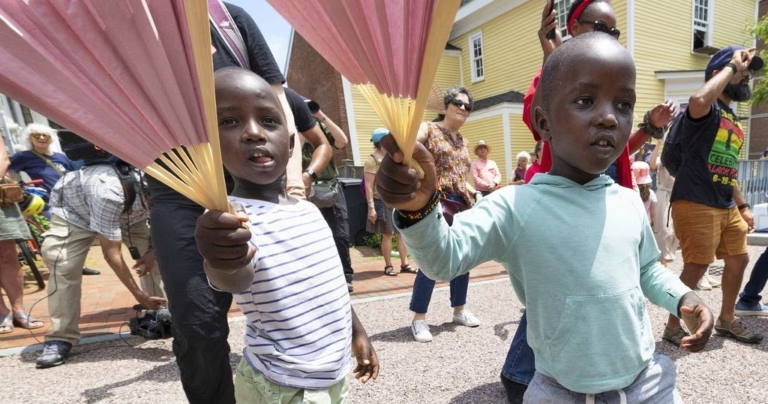Located in a narrow alley of Asilah, a coastal town in Morocco, stands a building held in high historical and spiritual regard. After years of being overlooked, the hundred-year-old Kahal Synagogue was recently revamped, breathing new life into its storied walls. The Moroccan Jewish community, a lineage that stretches back to the Roman era, saw the birth of this synagogue in 1824.
At the forefront, a photograph captures the stark transformation of the synagogue from its derelict past to its revitalized present. The inner sanctum houses the meticulously restored teba — a wooden pulpit from which the Torah is read, the soul of any synagogue. Arriving in the town, Aaron Abikzer, the vice-president of the Tangier Jewish Community, found these sacred halls in utter decay. Sided by the Asilah locals, he embarked on a mission to restore it to its former glory, guided by their memories and sketches of what once was.
Adornments and artifacts, including marriage certificates, stand as testament to the enduring heritage of the community. The ambiance of the interior is enriched by its authentic wooden ceilings and traditional lighting, bathing the space in a warm, inviting hue. Preservationist Sonia Cohen Toledano, entrusted with safeguarding the cultural legacy of the Tangier Jewish Community, collected artifacts from shuttered synagogues to adorn the newly-restored Kahal. Even the carpets, worn with the passage of time, find new life within its walls, reminiscent of their previous homes in faithful families.
Among the restored elements, the mikveh — a ritual bath for spiritual cleansing — holds significant importance. Nestled on the lower floor are two venerable water basins, accompanied by the remnants of an ancient oven that once warmed them. Upstairs, two traditionally styled bathrooms, with concave ceilings designed to retain the warmth and steam, offer a glimpse into historically-rooted practices.
Adjacent to the synagogue, facing the sea, rests the Asilah Jewish cemetery. It serves as the final resting place for generations of Jewish families and acts as a magnetic point for tourists and history enthusiasts eager to engage with the rich tapestry of Moroccan Jewish heritage. Under the stewardship of the Jewish community, the synagogue, the cemetery, and the mikveh were formally acknowledged as heritage landmarks by the Moroccan state in February 2025, a moment of triumph and pride for Abikzer and all those invested in their preservation.
The story of Jews in Morocco, once a flourishing tapestry of nearly 300,000 individuals in the 1950s, has thinned to an estimated 5,000 today. The restoration of the Asilah Synagogue stands as a testament to perseverance, a beacon of cultural heritage in a changing world.
Source: http://www.africanews.com/2025/04/06/historic-synagogue-recognised-as-moroccan-state-heritage-site/







